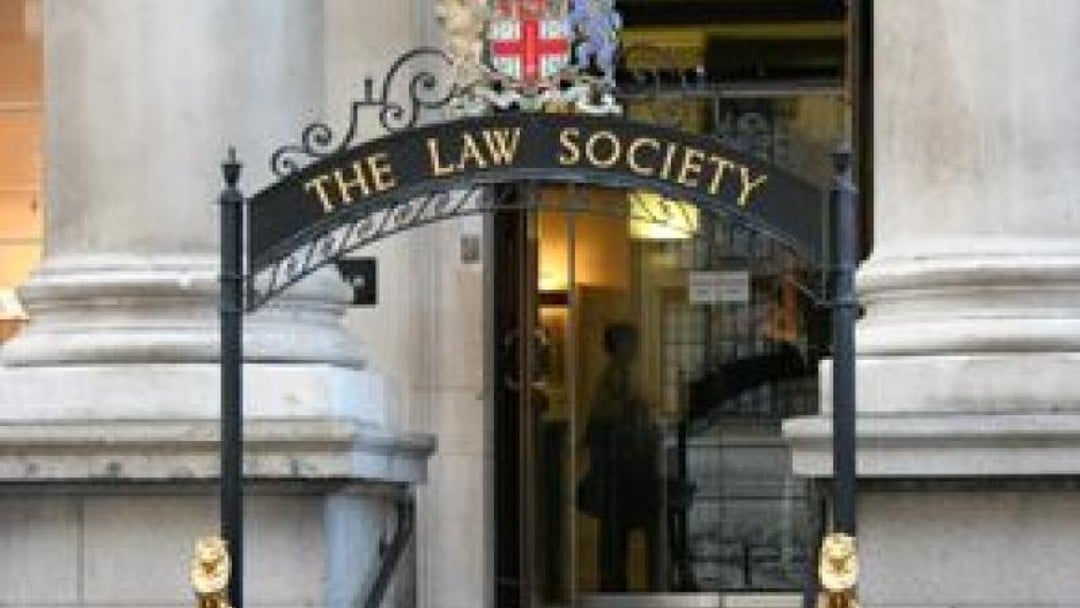Law Society abused dominant position over CQS training courses

Chancery Lane maintains decisions were taken in good faith and in the public interest
The Law Society abused its dominant position by making more than 3,000 law firms accredited under its Conveyancing Quality Scheme buy its own training courses, the Competition Appeal Tribunal has ruled. Solicitor Bernard George, who runs Socrates Training Limited, brought the case when his company found itself shut off from providing anti-money laundering training under the scheme.
George said it was ‘obvious what the Law Society was doing was not only illegal but also desperately unfair to us and to law firms’.
‘The decision will be welcomed by solicitors up and down the country, who again will be free to buy the best training available, not just what the Law Society wants to sell them,’ he said.
The costs of the case are estimated to be just short of £1m. Socrates said it has spent more than £300,000 on the case, and in a cost-capping hearing in June last year, Chancery Lane said it planned on spending as much as £637,000 defending the claim.
Both parties’ costs included the services of expert economists: £56,000 for Socrates, and £33,000 for the Law Society.
The majority of law firms handling conveyancing are members of CQS, a scheme initiated at the behest of lenders in the wake of the 2007/8 financial crisis. One of the training modules under the scheme covers anti-money laundering, which could initially be obtained from third-party training companies.
From April 2015, however, Chancery Lane made it mandatory for CQS members to buy its own AML courses.
George objected to the Law Society that this was anti-competitive but said he was told the society had been advised that this was legal.
Socrates issued proceedings in April 2016 and a four-day trial on the substantive issues took place in November. The judgment in Socrates v Law Society was given on Friday 26 May.
The company argued that the Law Society had a conflict of interests, because it was operating effectively as a regulator in respect of CQS and also as a business selling training.
The tribunal issued an injunction ordering Chancery Lane to re-open the market to competition and to operate ‘in a non-discriminatory and transparent manner’. A decision on damages is still expected.
Law Society president Robert Bourns said: ‘For the vast bulk of the time CQS training has been available it has been compliant with competition rules. I am certain that in setting CQS up, the Law Society acted in good faith and in the public interest.’
‘We note the decision and have and will take steps to avoid similar issues in the future,’ he added.
Bourns said the Law Society would be looking at the tribunal’s guidance on changes to CQS and at the judges’ comments as a matter of priority in the coming days.
In a statement Chancery Lane said that only one of the modules that concerned the tribunal was still provided, the Financial Crime module, which had now been withdrawn.
George handled the litigation for Socrates, with competition law barrister Philip Woolfe. Stephen Tupper, of Tuppers Law, a specialist competition law firm, also provided advice.
The Law Society was represented by Norton Rose Fulbright and Kassie Smith QC.
Jean-Yves Gilg is editor-in-chief at Solicitors Journal
@jeanyvesgilg
jean-yves.gilg@solicitorsjournal.co.uk

